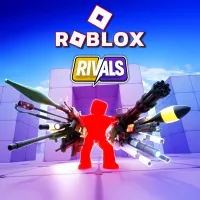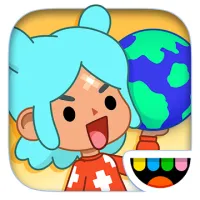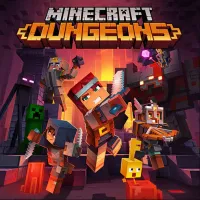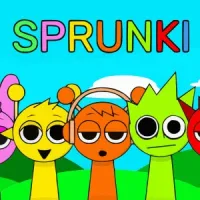
Poppy Playtime
Poppy Playtime
Having recently played Poppy Playtime, I found myself surprised by how engrossed I became in this indie horror game. Developed and published by Mob Studios, the game potentially carries the torch for future indie games in the genre.
Poppy Playtime sets the stage in a long-abandoned toy factory, revealing a backstory rich in mystery as you piece together what happened to the staff. With intriguing characters and a dark yet undeniably captivating atmosphere, the game opened me up to a world that was unsettling yet impossible to turn away from.
One of my favorite features is the GrabPack, a unique game mechanic that allows me to solve a variety of puzzles. With functions to grab distant items or conduct electricity, it's clear the developers invested significant thought into how they would integrate this feature into the game in a meaningful way. This game tool heightened my experience, making puzzle-solving as thrilling as trying to outpace the game's chief antagonist, Huggy Wuggy, an unexpectedly terrifying toy bear.
Huggy Wuggy truly sings as a horror game device. Peppered throughout the gameplay with subtle scares, it is not accompanied by the typical jarring audio cues most horrors utilize. Instead, it silently appears, often just out of reach - turning the theme of abandoned childhood innocence on its head. This, combined with high-stakes chase scenes, made for an overall unforgettable horror experience.
Its ingenious use of the GrabPack tool is a fun deviation from the traditional run-and-hide dynamics followed in most horror video games, showcasing an inventive use of in-game tools. The silent antagonist, Huggy Wuggy, keeps players on tenterhooks, adding an extra layer of fear and suspense throughout their exploration journey.
While the initial visuals seemed basic and low on specifics, the game quickly gains momentum as players delve deeper into the factory's myriad corners. It is this gradual buildup of environment details, in sync with escalating suspense around the player's purpose in the factory, that glorifies the game's overall scare quotient.
Yet, when viewed holistically, Poppy Playtime does precisely what a successful horror game should: it manipulates players' comfort levels, weaving in a narrative that is as engaging as it is terrifying and leaves them holding their breath for what's coming next. The game tastefully marries together unique problem-solving mechanics in an environment of horrific thrills, making it an offering that horror game buffs should not miss.
However, as much as I appreciated Poppy Playtime's approach to horror, it does come with a few downsides. The game didn't run smoothly on my initial boot, which could be a significant drawback for some players. My first impression of the game's environment also wasn't stellar - initial areas seemed too simplistic and devoid of character, which I understand is partially due to optimization for mobile platforms. Therefore, it did require some patience before the game opened up to its full potential.
Another issue to note is that the episodic format of the game means players may be waiting awhile between releases, which might affect continuity and player engagement, especially if new installments do not maintain a steady release schedule.
Nevertheless, I found Poppy Playtime to be a thrilling and cleverly constructed game that left me eagerly awaiting its future chapters. Its unique narrative and gameplay mechanics outweighed the initial hurdles, making it more than worthy of the praise it receives.
- Unique and engaging puzzle-solving mechanics
- Subtle and effective horror elements
- Intriguing backstory and characters
- Effective use of in-game tools and mechanics.
- Some initial technical difficulties
- The initial environment lacks depth and intrigue
- Episodic format potentially impacts continuity and player engagement.








